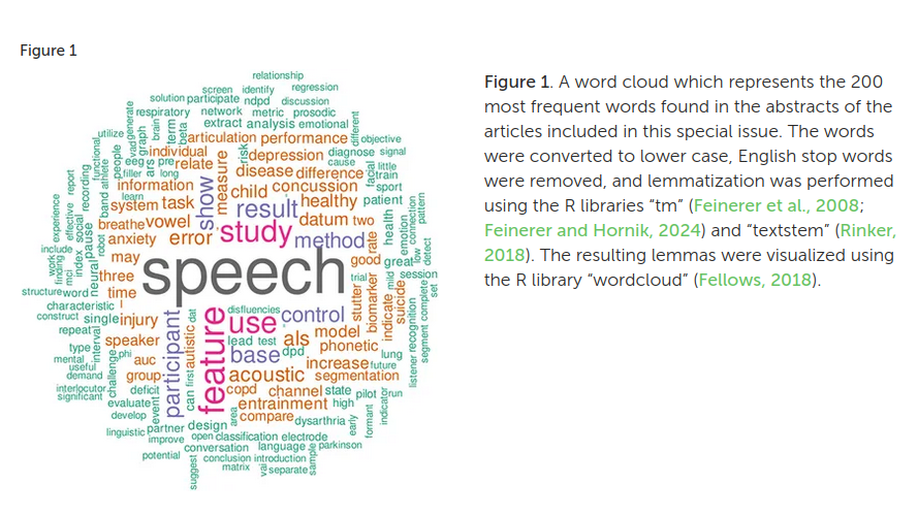The Speech, Lexicon, And Modeling lab is dedicated to cutting-edge research at the intersection of speech production and perception (phonetics) with speaker’s knowledge of words (lexicon). We use a wide range of methods, including corpus analysis, computational modeling, and acoustic and articulatory phonetic experiments.
We are part of the English Language and Linguistics section of the Institut für Anglistik und Amerikanistik at Heinrich Heine University Düsseldorf. We are housed in building 23.21 on the HHU campus, and have a large additional laboratory space at 24.21.U1.022.

Speech production is a complex process involving the coordination of over 100 muscles across the respiratory, articulatory, and phonation systems. …
Akhilesh Kakolu Ramarao Winter 2025 Course catalog
Prof. Dr. Kevin Tang Winter 2025 Course catalog
Prof. Dr. Kevin Tang Winter 2025 Course catalog
Prof. Dr. Kevin Tang Winter 2025 Course catalog
Prof. Dr. Kevin Tang Winter 2025 Course catalog
Prof. Dr. Kevin Tang Winter 2025 Course catalog
Project summary: Our project seeks to familiarise students with the various pitfalls of employing digital tools to translate multilingual literatures. Offering hands-on experiences of the social, political and cultural implications of machine translation (MT), it fosters students’ AI literacy by engaging them in:
Project summary: A range of recent Anglophone novels are located at the edge of English, fostering connections to other languages such as French, Hindi, Italian, Kiswahili, Mandarin or Spanish. The project seeks to introduce students in the Master’s degree programmes “Comparative Studies” and “Literary Translation” to the potentials of approaching multilingual narratives by employing computer-based digital humanities methods derived from corpus linguistics and natural language processing.
We are creating a new set of web-based interactive learning units in phonetics and phonology. These serve two purposes: supplementing student learning in the English Linguistics Basismodul, and providing review material for intermediate/advanced-level courses.
The project, “Reanimating African American Oral Histories of the Gulf South: Tailoring Education and Research through Natural Language Understanding”, involves the reformatting and annotation of 500 oral histories of African Americans from the Gulf South, representing the stories of people who lived through the transatlantic slave trade up to the present day, as well as the development of a new web search interface and 150 curriculum modules for K–12 educators.
Speech as a non-invasive biomarker could provide researchers and clinicians with new means to capture fine changes in speech articulation patterns associated with linguistic phenomena in the normal population or functional changes in articulation in individuals with disorders.
The NVIDIA Academic Hardware Program The NVIDIA Academic Hardware Grant Program endeavors to advance education and research by: Enabling groundbreaking, innovative, and unique academic research projects with world-class computing resources. Providing educators with a hands-on platform to teach AI, deep learning, and data science to students in any discipline.
The SLaM lab has a spacious phonetics laboratory at its disposal.
The SLaM Lab invites interested students to join our lab. This can take many forms, from paid employment as a research assistant (“HiWi”) to writing a major project such as a term paper, B.A. thesis, or M.A. thesis. If you would like to get involved, please submit a current C.V. and a short cover letter (maximum one page). Your letter should highlight any of the following:
We welcome students of a variety of experience levels. The purpose of the SLaM lab is both to conduct research and, through research, to train students. We will match students with tasks appropriate to their skills, and support their training as needed.
Submit your CV and cover letter to kevin.tang [at] hhu [dot] de.